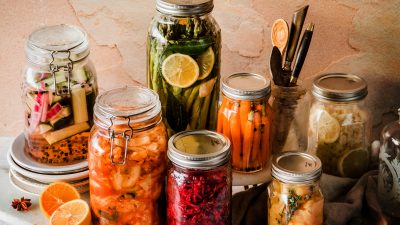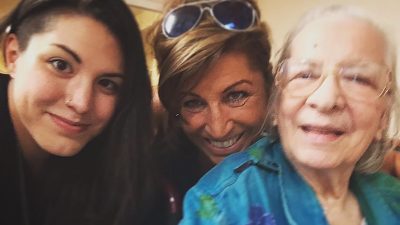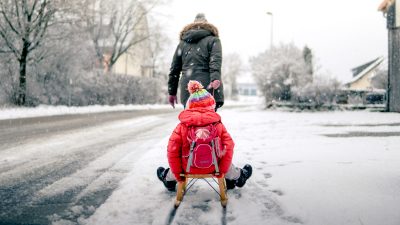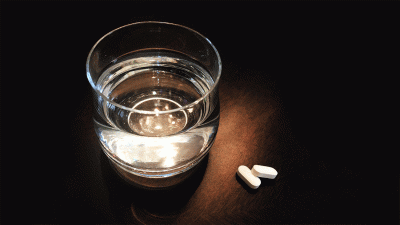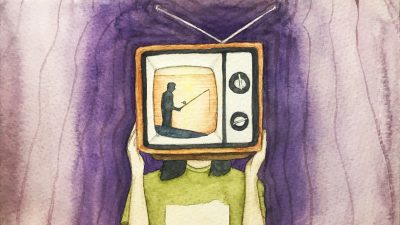Mental Health
Pickles Taught Me the Art of Self-Preservation
I was not suspended in a timeless brine like my pickles. I was not a stoic javelin of cellulose waiting to strike a bored palette. My answers would not be in rigidity, in control.
Covid-19, Memory, and Remembering My Grandma
Can I trust the sparse memories in my long-Covid brain? If I don’t record this, will my Frankenstein-ed memories escape, just like Grandma’s did?
Does Making Predictions Impede the Formation of Memories?
When your brain is presented with a scenario, it makes a decision: Does it file this moment away as a unique event, or slot the information into an existing pattern?
It Doesn’t Hurt, It Hurts All the Time
What if we thought of emotional trauma the way we do physical: as a wide class of wounds whose healing is unpredictable, whose scars take different forms?
The Bipolar Nanny Diaries
Shame alley-ooped my fear. I worked with children and I had a mental illness. They were antithetical.
Anthropology of a Body: The Highs and Lows of Recovering from an Eating Disorder
In order for bread to rise, the dough must be strong.
Either My Anxiety Is Less Acute or I’m Better at Managing It—Which May Be the Same Thing
The psychiatrist said that there were plenty of people whose brains did much the same thing mine was doing. He called it ‘anxiety.’
Counting to Ten Without Numbers
My dyscalculia turns counting a difficult task. So, to get to know them, I turned numbers into people.
How I Came to Appreciate the Video Memories I Experience as an Autistic Woman
Knowing and understanding that I’m autistic has given me the strength to experience the excess of empathy that comes from reliving my vivid, video-like memories.
How Shanties and Songs of the Sea Helped Me Weather the Storm of Depression
The language of depression can be curiously maritime. It comes in waves; it drowns us; it’s the Mariner’s albatross around our necks.

